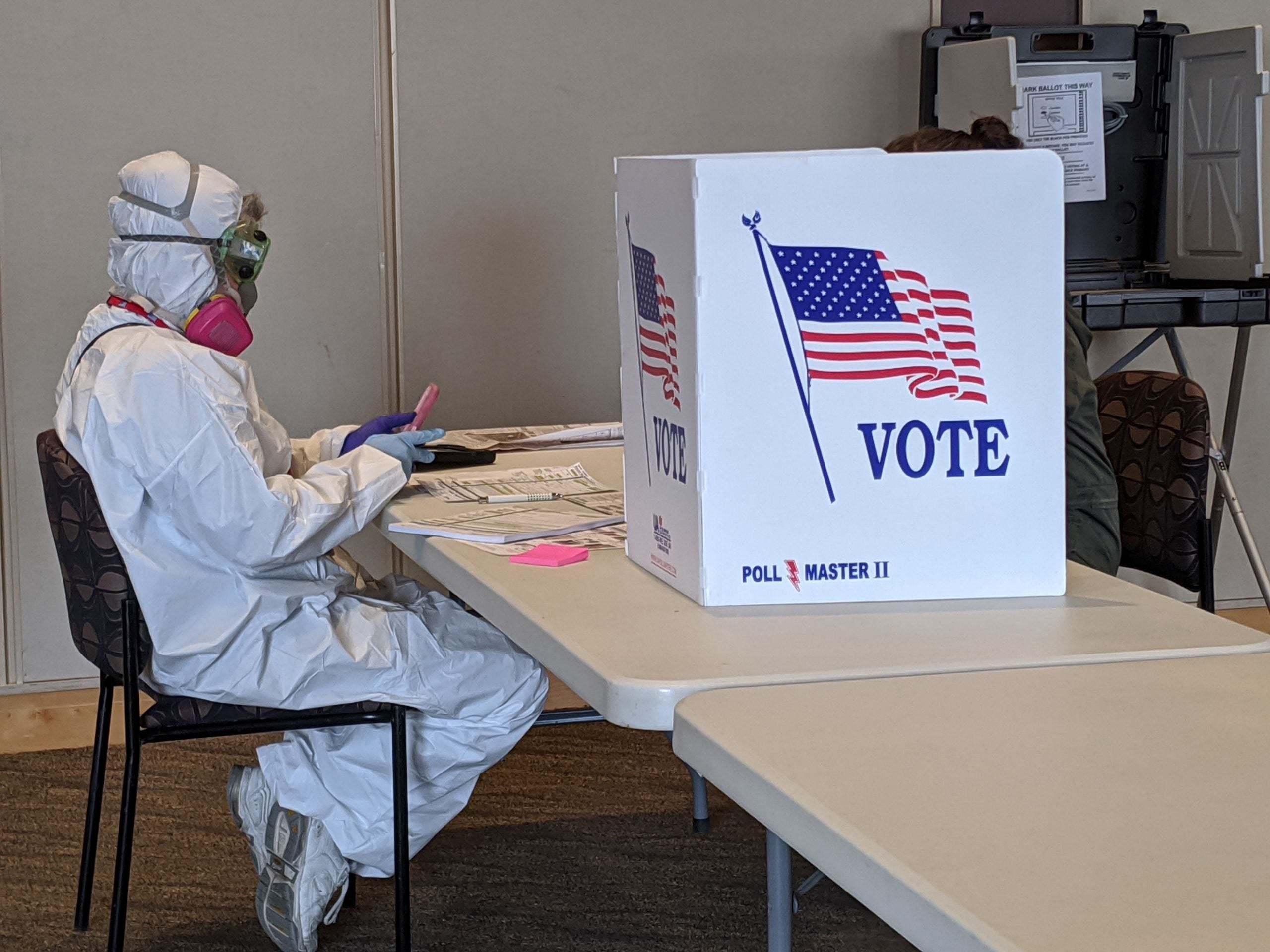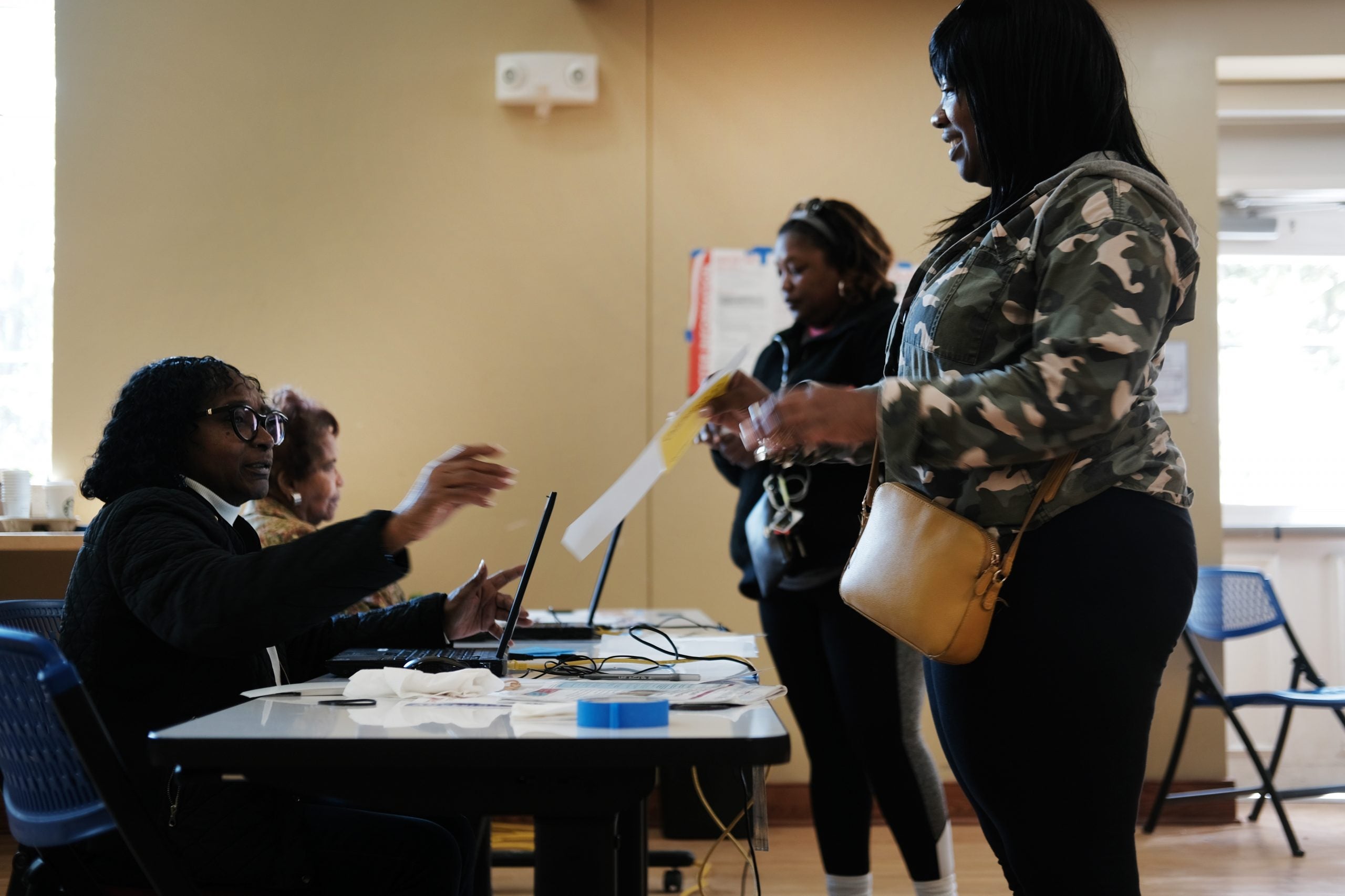
A new lawsuit filed on behalf of the Democratic National Committee (DNC), Democratic Congressional Campaign Committee (DCCC) and the South Carolina Democratic Party alleges that current South Carolina election laws unfairly require that young voters and African-Americans, in particular, to choose between risking their health amid the coronavirus pandemic or voting in the June 9 primary.
According to details of the case that were shared with ESSENCE, the lawsuit highlights the unconstitutionality of an election stipulation that prohibits all voters under 65 to cast absentee ballots outside of a few exceptions that include being disabled or incarcerated. That means on June 9, anybody else who wants to vote in the primary must show up in person and risk their health “on account of age.” The groups say that the election law goes against the 26th Amendment.
The lawsuit also contends that other stipulations, which include needing a witness to cast a mail-in ballot, needing to pay for your own postage for the mail-in ballot, rejecting ballots not received by 7 p.m. on Election Day, and making it a felony for candidates or campaign staff to assist voters in casting their vote, unfairly burden Black South Carolinians.
“Simply put, venturing out to vote in person, or to obtain postage for a mail-in absentee ballot, seek out a witness to sign their ballot envelope, or attempt to timely submit their ballot before the Election Day cutoff threatens African-Americans’ well-being and the well-being of their communities far more acutely than White South Carolinians’ well-being,” says the firm representing the groups in the lawsuit.

According to the Charlotte Post, the NAACP Legal Defense Fund and ACLU of South Carolina have also filed a lawsuit addressing South Carolina’s mail-in ballot stipulations. The action filed last month alleges that the state failed to give those who self-isolate a mail-in option ahead of the June 9 primary. The NAACP and ACLU, like the entities listed in the other lawsuit, contend that the law, which requires a third-party witness signature on an absentee ballot, disproportionately impacts Black voters during the pandemic.